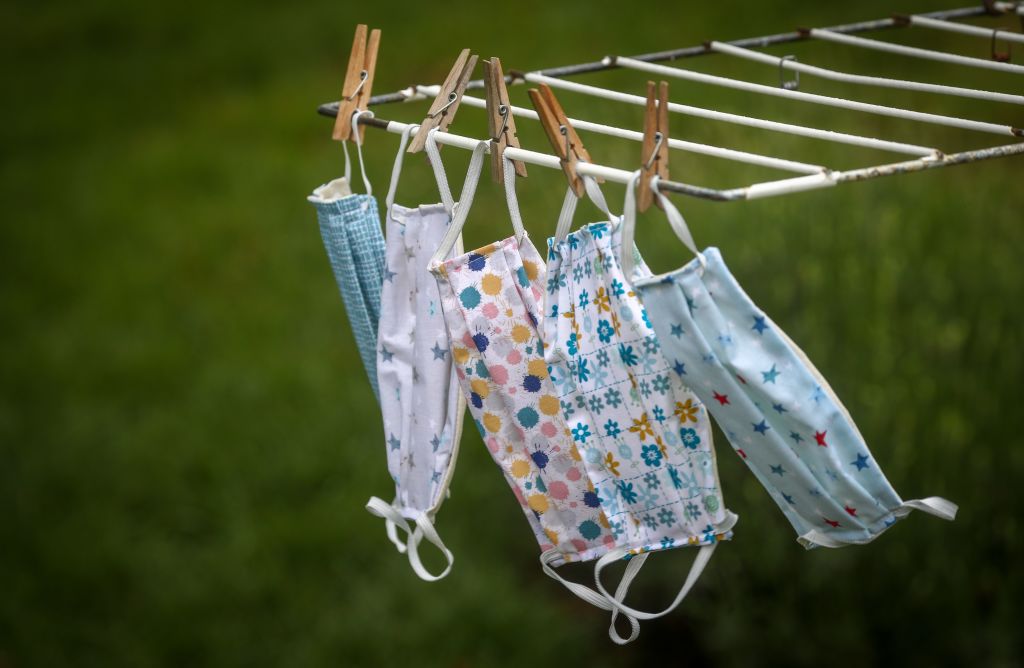Homemade cloth masks can successfully block coronavirus particles, study shows


A free daily email with the biggest news stories of the day – and the best features from TheWeek.com
You are now subscribed
Your newsletter sign-up was successful
If you're going to make your own coronavirus mask, you should probably use cotton, Gizmodo reports.
A new study published last week in ACS Nano involving researchers from the National Institute of Standards and Technology and the Smithsonian Institution's Conservation Institute eased some concerns that nothing but medical-grade masks can filter coronavirus particles. While N95 masks are still clearly the most effective, cloth masks can help, the study found.
Cotton, in particular, made strong showing, though Gizmodo notes that more tightly-woven types of cotton fabrics, like the kind used in flannel, did better than others.
The Week
Escape your echo chamber. Get the facts behind the news, plus analysis from multiple perspectives.

Sign up for The Week's Free Newsletters
From our morning news briefing to a weekly Good News Newsletter, get the best of The Week delivered directly to your inbox.
From our morning news briefing to a weekly Good News Newsletter, get the best of The Week delivered directly to your inbox.
Layering, while perhaps not incredibly enticing on a comfort level, seems to be key for homemade masks, as well. The best single-layer cotton blocked about 20 percent of the coronavirus-sized particles used in the study, which is useful, but a far cry from the 95 percent filtered by N95 masks.
All told, homemade masks won't provide complete protection, but they appear to at least mitigate the chance of being infected, a nice bonus to the fact they can also help prevent the wearer from spreading the virus to others. Read more at Gizmodo.
A free daily email with the biggest news stories of the day – and the best features from TheWeek.com
Tim is a staff writer at The Week and has contributed to Bedford and Bowery and The New York Transatlantic. He is a graduate of Occidental College and NYU's journalism school. Tim enjoys writing about baseball, Europe, and extinct megafauna. He lives in New York City.
